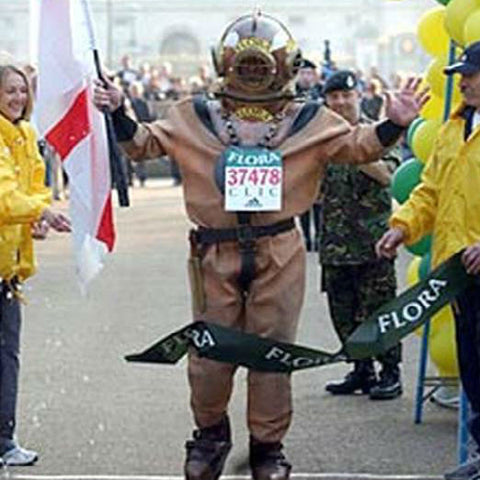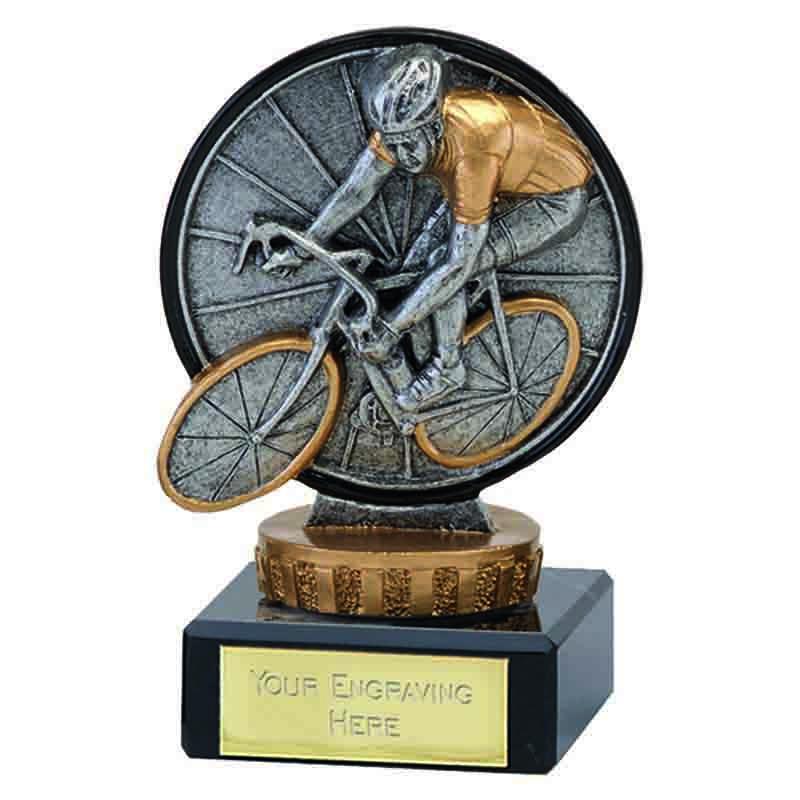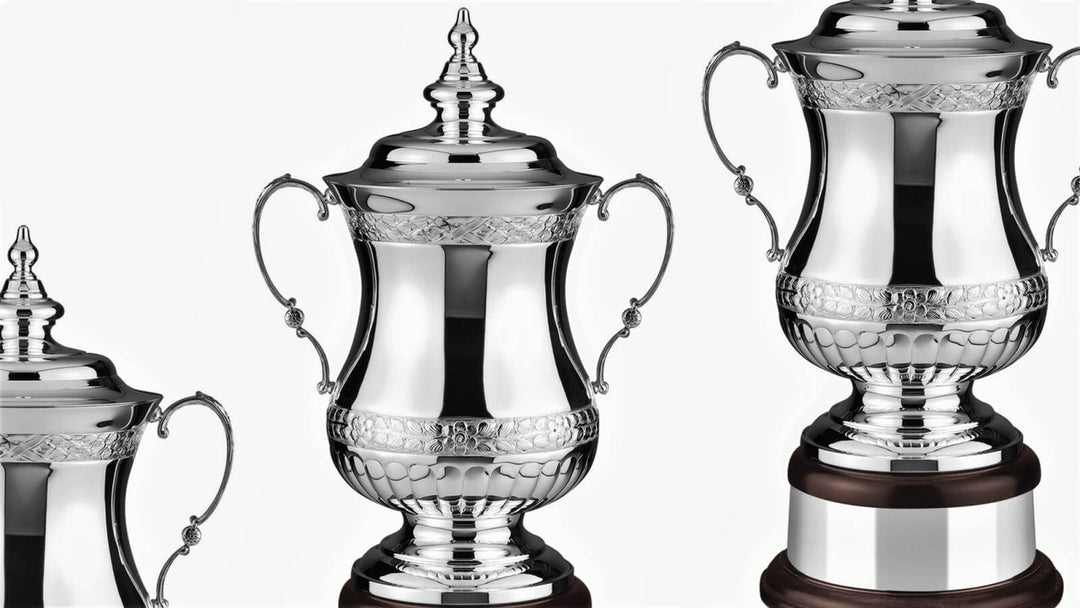5 Interesting Facts About the London Marathon
Every year, the London Marathon organisers hand out over 50,000 trophies and medals to the winners and finishers of what’s considered by many to be the most exciting marathon race in the world. Last year saw the millionth finisher cross the line, which was a true landmark for this prestigious event that was first held in 1981. In that time it’s grown from just 8,000 participants to having over a quarter of a million people applying to run the iconic 26.2 mile long course each year. This year’s event that takes place on Sunday 23rd April is set to be the biggest yet, and as usual will bring the capital to a complete standstill. In celebration of this fantastic event, we’ve put together these 5 interesting facts about the London Marathon.
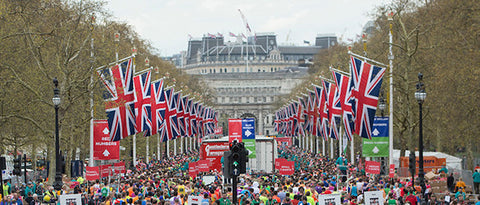
- Seventy three Guinness World Records Will be Attempted in 2017
One of the most enduring relationships of the London Marathon has been with the Guinness Book of World Records. They’ve been on hand for the past decade to check, verify and confirm the many world record attempts that are made each year. This year alone, seventy three different world records are under consideration ranging from the fastest time to run a marathon dressed in a Viking costume to the most amount of Facebook comments received on an item in 8 hours.
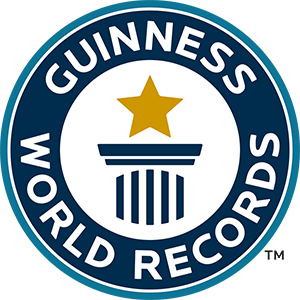
- The London Marathon Has Been Completed in Orbit
Last year saw British astronaut Tim Peake take a Guinness World Record of his own when he became the first man to complete a marathon in space. He ran the London Marathon course virtually, by taking part on a treadmill and using a technology that allowed him to see the correct position he would be in on the streets of London on a TV screen positioned in front of him. Though he didn’t get any trophies and medals delivered to him in space, he had the satisfaction of running a rapid time of three hours, thirty five minutes and twenty one seconds.
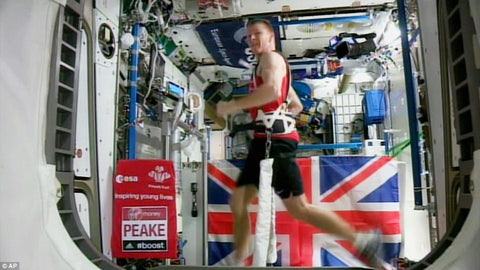
- Less Than 2% of Participants Fail to Finish
For the vast majority of people, marathon running isn’t all about the trophies and medals - just getting across the line in one piece is the main objective. And as the popularity and size of the London Marathon has grown, so has the percentage of successful finishers. In the inaugural race, more than 11% which is over one in every ten runners didn’t make it to the finish line. But this figure has now dropped to consistently remain under 2% since the late 90s, perhaps demonstrating how seriously people take the event these days.
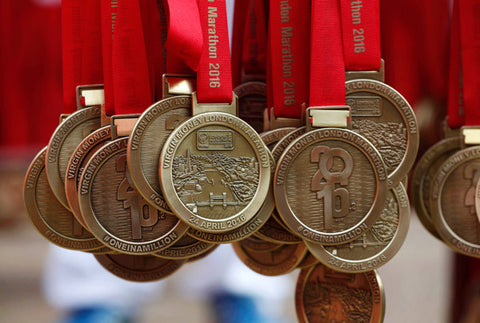
- Two British Athletes Share the Wheelchair Record
David Weir and Tanni Grey-Thompson share the record for most wins at the London Marathon in the wheelchair race, with 6 victories apiece. These legendary athletes are two of Britain’s most decorated paralympians with multiple medals between them. That has translated into incredible success at the London Marathon as well, where they have picked up trophies and medals galore. Though Tanni Grey-Thompson retired from competition in 2007, David Weir is giving it one last crack to be the most successful London Marathon racer outright by competing in this year’s event before calling it a day.

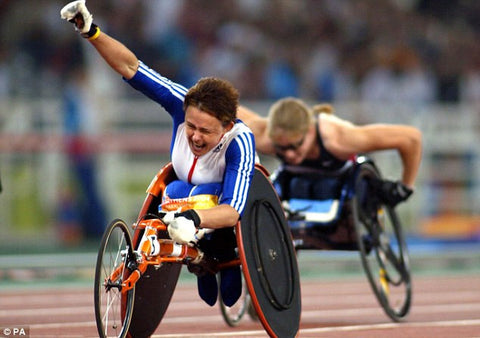
- The Slowest Ever London Marathon Time Was Over 6 Days
In 2002, former professional football player Lloyd Scott set the record for the longest recorded time taken to complete the London Marathon. This was down to undertaking the race in a full 1940s deep sea diving suit which weighed an unbelievable 59 kilograms, roughly the equivalent of carrying a lightweight boxer around for the entire course. It’s a record that can’t be broken either, as following that year’s event race organisers introduced a 24 hour time limit.
